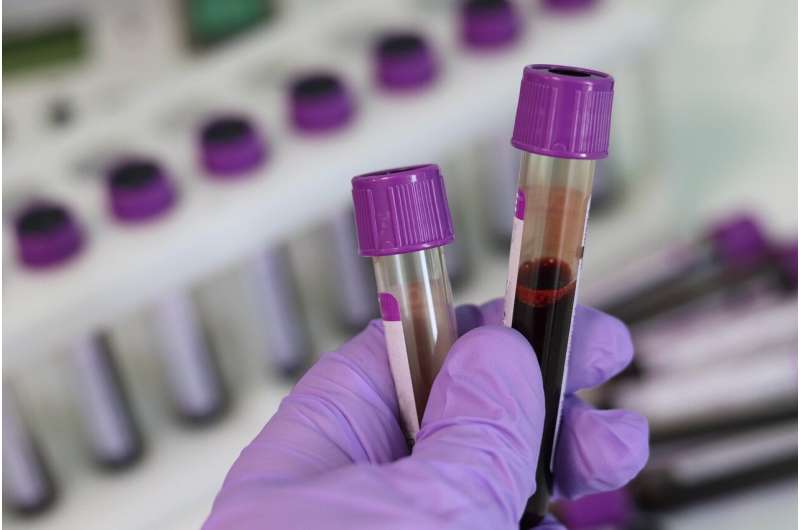High-Intensity Interval Training Increases Cocaine Aversion in Adolescent Lab Animals

Research demonstrates that high-intensity interval training can promote aversion to cocaine in adolescent rats, offering potential new strategies for addiction prevention through targeted exercise protocols.
Recent research sheds light on how specific exercise regimens can influence drug addiction behaviors, particularly among adolescents. A study published in PLOS One by scientists from the University at Buffalo reveals that high-intensity interval training (HIIT) can significantly enhance aversion to cocaine in adolescent male rats, more so than moderate exercise. This groundbreaking research aims to uncover the brain mechanisms behind exercise-induced protection against substance abuse.
The study focused on adolescent male rats, a model chosen because this is the critical age when humans are most vulnerable to initiating substance use disorders. Researchers trained these animals on a treadmill with either HIIT protocols or moderate exercise routines, then tested their drug preferences through a behavioral assay called cocaine place preference. This test determines whether the animals prefer a chamber associated with cocaine or saline. Notably, rats subjected to HIIT showed a marked preference for saline, indicating a strong aversion to cocaine, whereas moderate exercise did not produce the same effect.
A key finding related to molecular changes in the brain involved an increase in ΔFosB levels in the HIIT group. ΔFosB is a transcription factor associated with the brain's reward system and is considered a molecular switch for addiction. The elevation of ΔFosB suggests that intense exercise can induce neurobiological changes that promote cocaine aversion, potentially offering a new avenue for addiction prevention.
Thanos, a lead researcher and faculty member at the Jacobs School of Medicine and Biomedical Sciences, explained that the dose-dependent nature of exercise influences these brain pathways. He emphasized that not all physical activity has the same impact; instead, high-intensity workouts might be particularly effective in influencing neural circuits associated with addiction.
Further implications of this research indicate that exercise regimes could be tailored as personalized medicine tools in addiction therapy. The study also highlights the need for future investigations into how gender differences affect drug preference, as current data focus solely on males. Understanding these sex differences is crucial for developing comprehensive intervention strategies.
Overall, this study offers promising evidence that HIIT during adolescence can serve as a protective factor against cocaine addiction by altering brain chemistry and behavior. These discoveries pave the way for detailed explorations into how intense physical activity influences brain metabolism and may help combat substance use disorders effectively.
Stay Updated with Mia's Feed
Get the latest health & wellness insights delivered straight to your inbox.
Related Articles
New Insights into PAX3 Protein's Role in Melanoma Gene Regulation
New research reveals that the PAX3 protein primarily uses its paired domain to activate genes that support melanoma growth, offering promising targets for future treatments.
Why Ignoring Cholesterol in Youth Is a Dangerous Misconception
Early management of cholesterol levels is crucial for preventing heart disease and stroke later in life. Learn why young adults should not ignore cholesterol risks and the benefits of early screening and healthy lifestyle choices.
CDC and FDA Issue Warning on Salmonella Risks from Frozen Sprouted Bean Products
Public health authorities warn consumers and businesses about Salmonella risks linked to frozen sprouted bean products, following an outbreak investigation and product recall. Protect yourself by avoiding affected products and practicing proper food hygiene.



